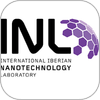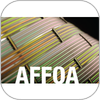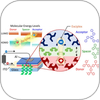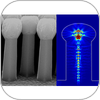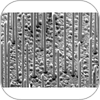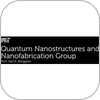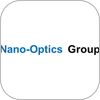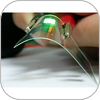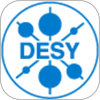The International Iberian Nanotechnology Laboratory- INL is an Intergovernmental Organisation created to foster interdisciplinary research in Nanotechnology and Nanoscience. Aiming to become a vital part of Europe’s scientific area, INL provides a high-tech research environment addressing major challenges in nanomedicine, nanotechnology applied to environmental & food control nanoelectronics, and nanomachines and molecular manipulation at nanoscale.
photonics
The frontier of electronic and photonic devices lies in nanoscience and nanotechnology research. At the nanoscale, materials and structures can be engineered to exhibit interesting new properties, some based on quantum mechanical effects. Our research focuses on pushing nanofabrication technology to the few-nanometer length-scale by using charged-particle beams combined with self-assembly. We use the technologies we develop to push the envelope of what is possible with photonic and electrical devices, focusing in particular on the nanowire-based superconductive photodetectors.
Nano-optics research group at the University of Central Florida led by Dr. Debashis Chanda, a professor with a joint appointment in UCF's NanoScience Technology Center (NSTC) and College of Optics and Photonics (CREOL).
Research Focus
Thin-film solar cells, study of light-matter interactions in artificially structured metal/dielectric structures (metamaterials, plasmonic nanostructures), transformation optics for display/camouflage, printed optics/opto-electronics components, strong coupling between photonic and plasmonic resonances, biological/chemical sensors.
DESY is one of the world’s leading accelerator centres. Researchers use the large-scale facilities at DESY to explore the microcosm in all its variety – from the interactions of tiny elementary particles and the behaviour of new types of nanomaterials to biomolecular processes that are essential to life. The accelerators and detectors that DESY develops and builds are unique research tools. The facilities generate the world’s most intense X-ray light, accelerate particles to record energies and open completely new windows onto the universe.

